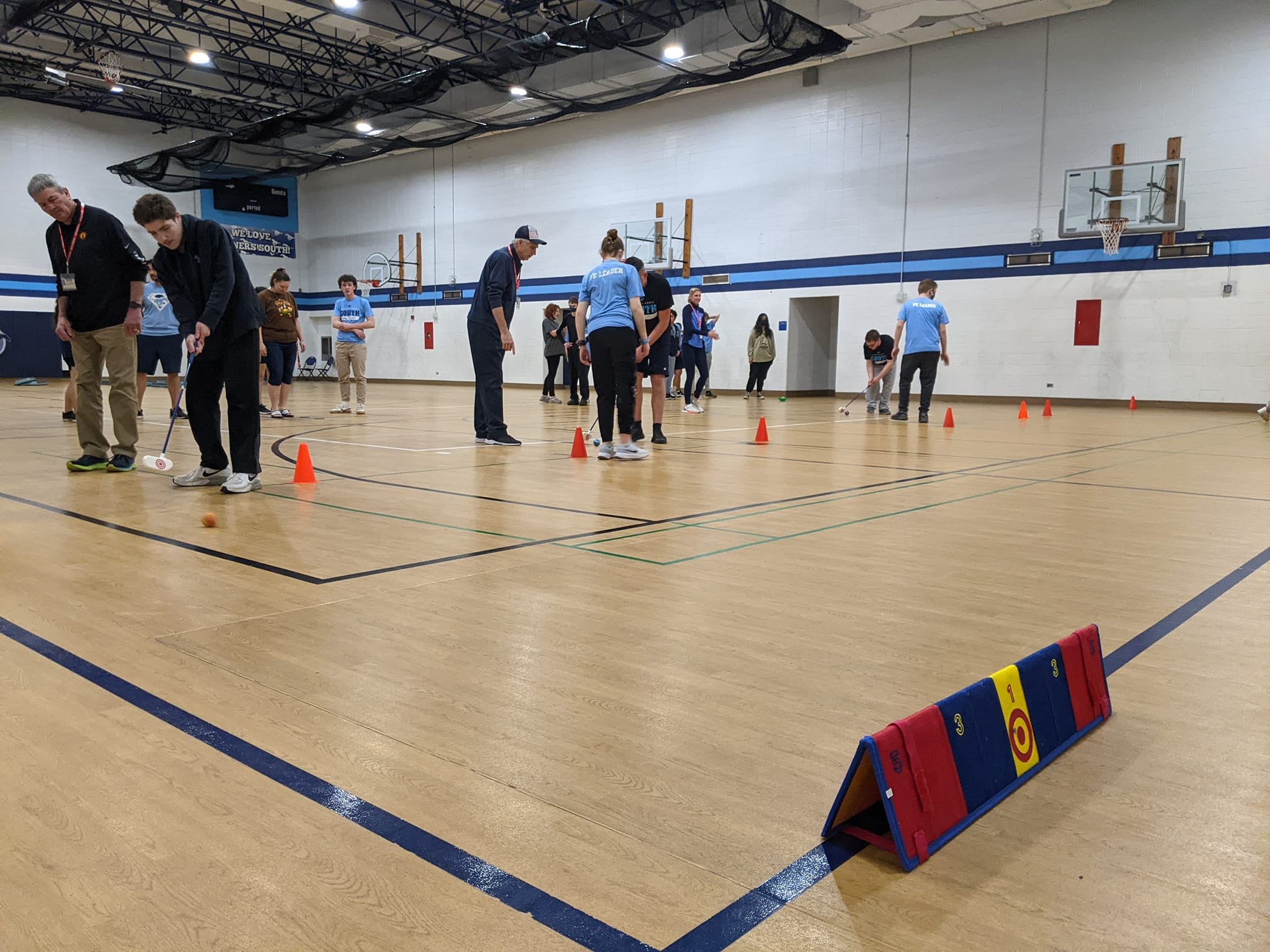
ADAPTIVE GOLF
Inclusion for all through the game of golf
WHAT IS ADAPTIVE GOLF?
Like many adaptive sports, adaptive golf allows people with disabilities play the game of golf through modified rules or equipment, based upon the person’s abilities. Through innovation and collaboration within the adaptive community, USAGA members have been able to adapt golf for everyone. This is regardless of current health, physical, mental, sensory, coping and wellbeing status. U.S. Adaptive Golf Alliance (USAGA) helps to bring inclusion to those wanting to learn golf by offering clinics to show them the game through clinics. After being introduced to the game, we encourage players get out & play as much as possible with family & friends. As their skills improve they can choose to compete in adaptive tournaments around the country. The best players in the country can then track their progress within their sports classification in our USAGA Rankings & Standards!
Adaptive Golf Benefits
Improves balance, hand eye coordination
Involved decision making
Increases endurance and range of motion
Builds strength in the hands, arms, and legs
Stage to elevating one’s self esteem/dignity
Creates better patient-therapist understanding and relationship to achieve therapy goals faster
Can be played by anyone, regardless of physical/cognitive challenges
“Being out here helps me feel normal”
ADAPTIVE
Always
Determined
Able
Prepared
Tenacious
Inventive
Victorious
Empowering
- Mindset Message with Bruce Pulver
Statistics
According to the 2010 US census bureau survey, there are approximately 57 million Americans with some form of disability. This includes 19 percent of the total us population. In other words, almost 1 in 5 u.s. residents has a disability.
According to a study conducted by the national center on accessibility at Indiana university in cooperation with Clemson university:
10 percent of persons with some disability now play golf.
22 percent of those with disabilities played golf before incurring their disability, but are not playing now.
35 percent of individuals with disabilities are currently not playing golf, but are interested in learning.
The study identified key factors for why those 35 percent of the people with disabilities would like to, but were not playing golf, and found that:
33 percent felt uncomfortable about playing in front of others.
31 percent believed that the course staff did not know how to assist them.
36 percent said that they needed a better understanding of the fundamentals of golf.
38 percent stated a need for lessons specific to their disability.
World renowned trick shot artist and paraplegic golfer Dennis Walters is an inspiration to all. During nearly 100 Dennis Walters Golf Shows throughout 2016, he will help communicate the mission and values of for all chapter Adaptive Golf Organizations of the United States Adaptive Golf Alliance. Learn more at www.denniswalters.com.




